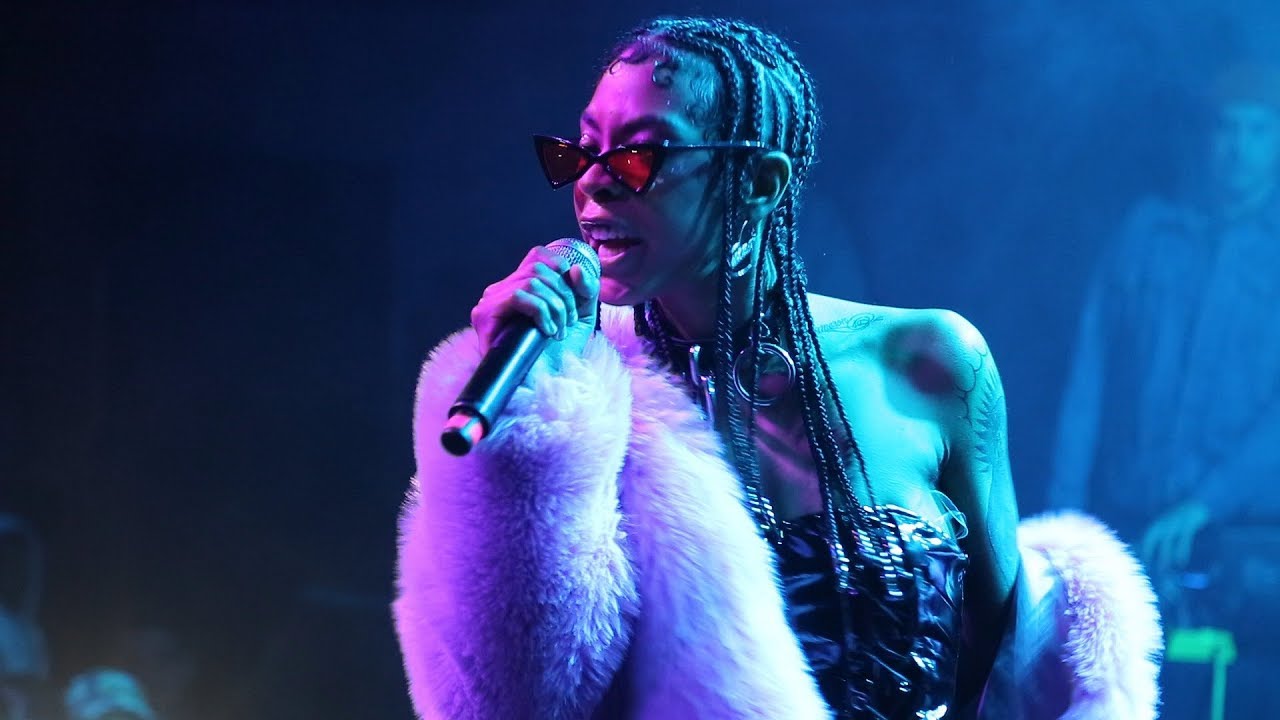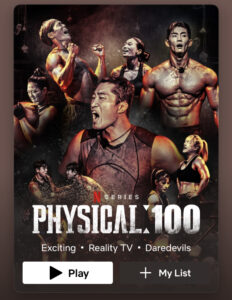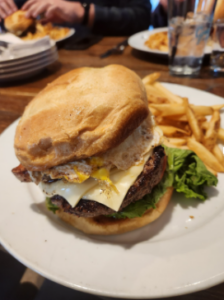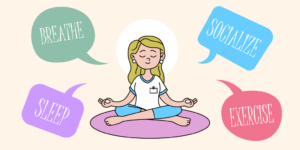“They will never want to admit that I’m the best here, for the mere fact that I’ve got ovaries.”
From a simply anecdotal standpoint, many women can recount occasions in which their assertiveness has been met with discomfort. The quiet whispers of traditional femininity still grace the ears of passionate, successful women who refuse to fulfill a role that was constructed for them. Enter the music industry, one of the most coherent expression of human emotion of any artistic pursuit in the modern age. More recently, the music industry has recognized traditionally marginalized voices; see Kendrick Lamar’s well-deserved 2018 Pulitzer Prize win for his DAMN album. As Lamar himself states, this should have happened long ago; but, in fact, this was the first time that the Pulitzer Prize had been awarded to a hip-hop artist. With huge artistic milestones such as Kanye West’s My Beautiful Dark Twisted Fantasy album, and even Kendrick’s previous work, to Pimp a Butterfly, emerging years before DAMN, one is left to wonder why such a complex, poetic genre was inexplicably glossed over for so long. And now, dear reader, we will continue to ponder; why do female hip hop artists still consistently get overlooked?
This Forbes Article contains a study conducted from 2012 to 2018 examining the top 700 songs of the Billboard Hot 100’s year-end chart. It revealed that only 21.7% of these chart-topping artists were women. This study provides evidence that popular music is starved of female artists, and it is not for a lack of numbers or talent. Rico Nasty, pictured in the featured image, participated in The Freshman Cypher of 2019, in which she showcased incredible skill. The Freshman Cypher is a wildly successful Youtube series that brings on up-and-coming talented rappers to freestyle, and effectively show the world what they’re made of. Nearly all of the comments heralded Nasty’s performance, recognizing that she totally blew her male counterparts out of the water. Megan Thee Stallion received similar appraisal for her Freshman Class participation the same year. Even just a scroll through my own Spotify, which contains a tiny slice of all the music the streaming app has to offer, supplies a rich sample size of women in hip hop. Princess Nokia, Rapsody, Little Simz, Noname, Tierra Whack, Doja Cat, to name a few. The narratives they share are as moving as they are incredibly catchy; Nokia raps about her family heritage, Noname weaves beautiful verses about the current political climate, Rapsody titled each song on her Eve album after influential black women. Reputable music sites back up my adoration for the music these women make; Noname’s album, Room 25, garnered an 8.6 rating on Pitchfork. Little Simz’s lyrical prowess and themes of female empowerment can be seen in the block quote at the opening of this article, which was pulled from her song, Venom.
So, the number of female artists in hip hop are certainly not waning, and they have talent to boot; so what is up with that 21.7% number? As most entertainment industries are, the music industry is male dominated. Naturally, male artists are similarly spectacular to their female counterparts. Again, a short scroll through my Spotify will reveal my dedication to Lamar, Tyler, the Creator, Denzel Curry, Anderson .Paak, and many, many, more. However, although talented, male virtuosos are the dominating voices of the rap genre, and this creative monopoly leaves no room for alternate stories.
Therefore, female artists must make room for themselves. They have rejected their subdued role in the music industry; Rico Nasty vehemently rejects the expectation of female dependency on men in her raunchy, raspy-voiced songs. Her anger is visceral, it is poignant, and it is unabashedly, crudely, feminine. Her striking and downright strange fashion sense has earned her a unique stage presence, and her performances are attended by masses of dancing women, yelling along to every single word. The spirit of feminine rage is often quelled, but with Rico Nasty’s loudness, the aforementioned whispers of confinement are nowhere to be heard. This rage, these stories, are vital for the world to hear, and the world shall hear it, one verse at a time.








Be First to Comment